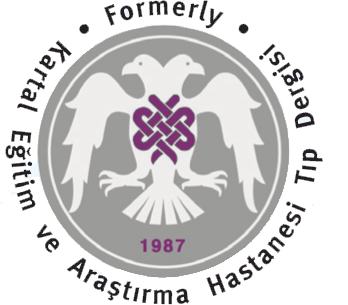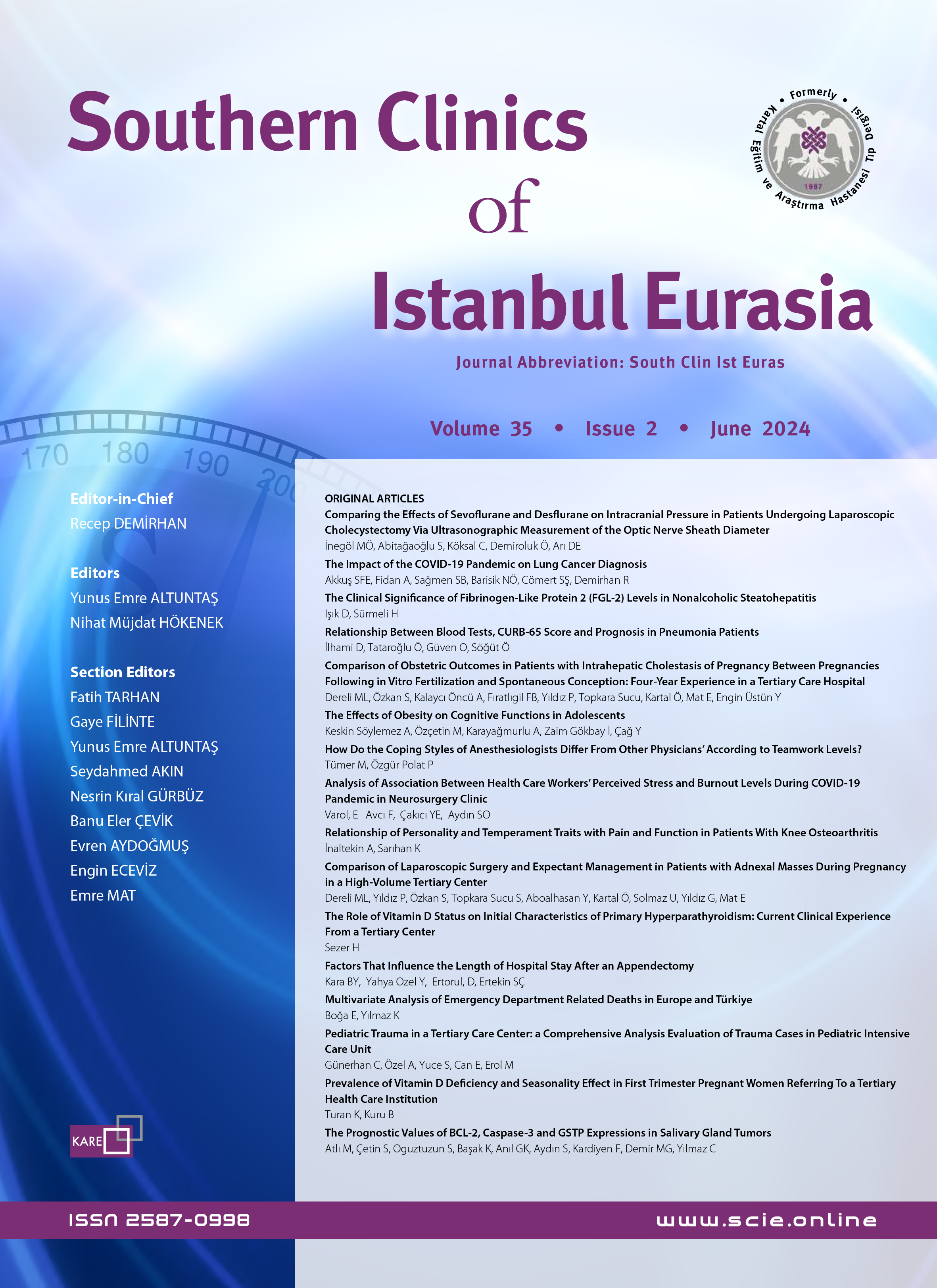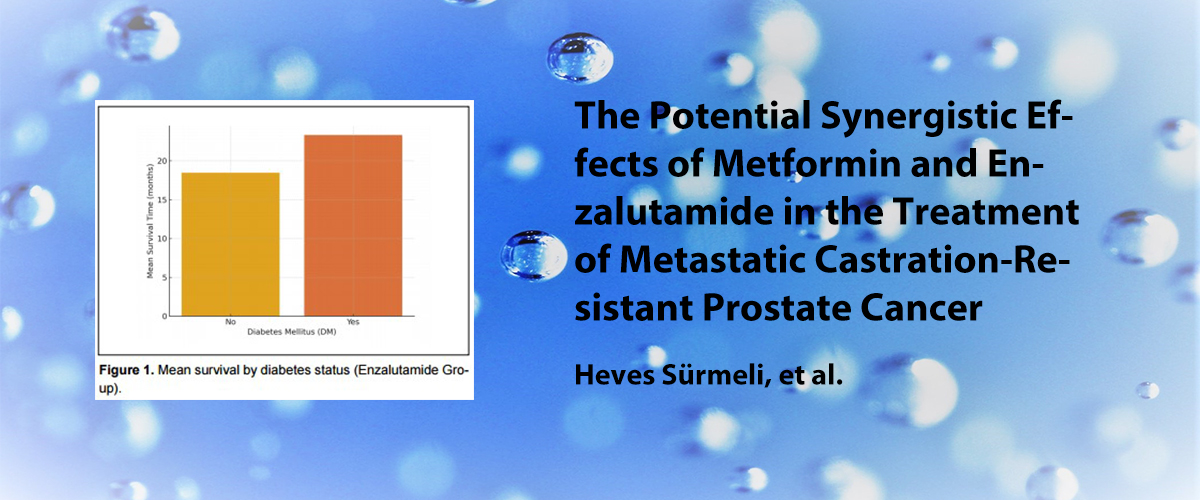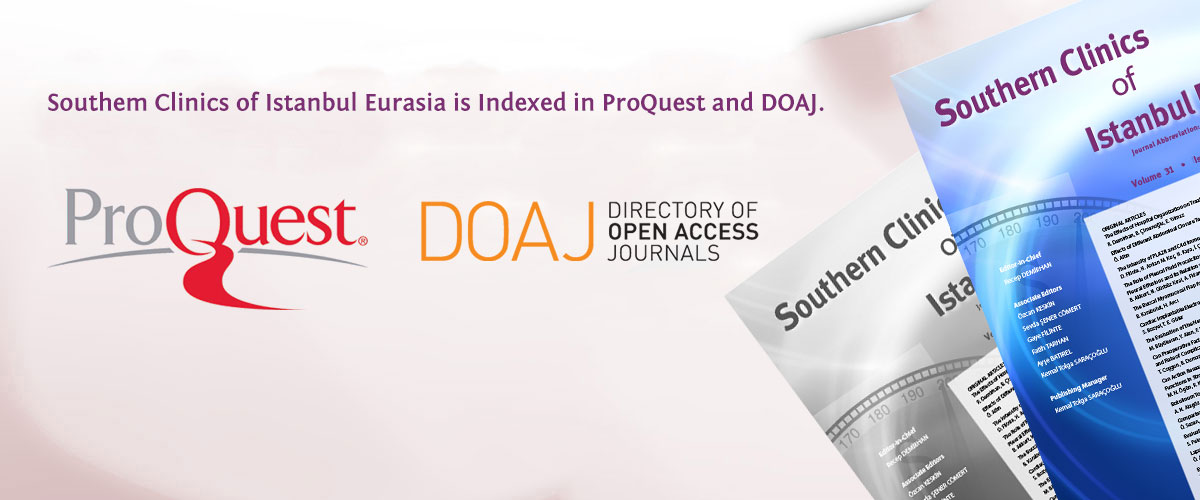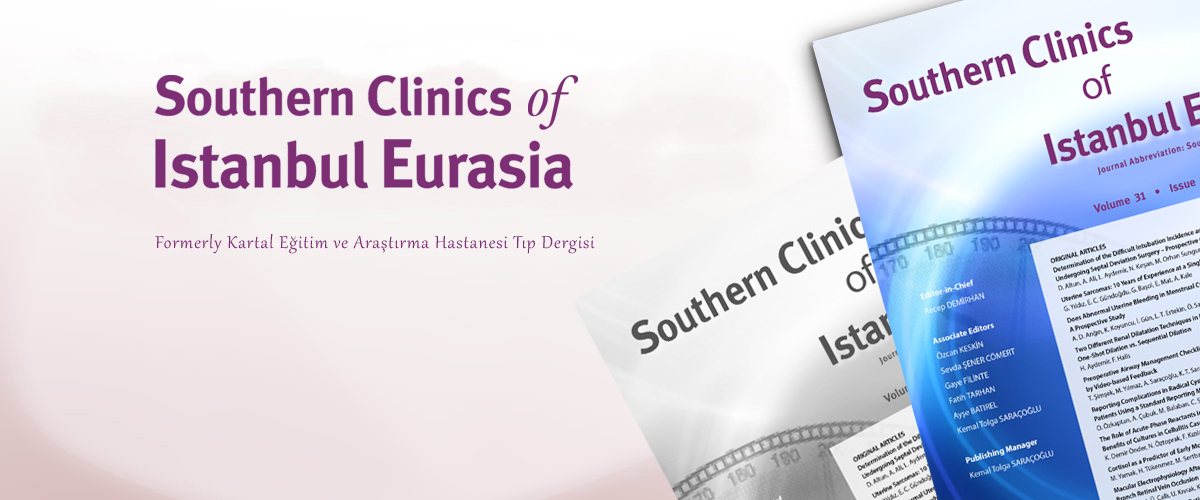ISSN : 2587-0998
Aşı Tereddüdü ve COVID-19
Muhammed Cihat Özata1, Öner Özdemir21Sakarya Üniversitesi Tıp Fakültesi, Eğitim-Araştırma Hastanesi, Sakarya, Türkiye2Pediatrik Allerji-İmmünoloji, Sakarya Üniversitesi Eğitim-Araştırma Hastanesi, Sakarya, Türkiye
Amaç: 19. yüzyıldan beri birçok hastalığa karşı çok etkili bir silah olmasına rağmen, aşılar dünya çapında birçok insan için tartışmalı olmuştur. Bu tereddütlü yaklaşım her zaman birey ve toplum sağlığını tehdit etmiştir. Bu çalışma, aşı tereddüdünü, tarihsel kökenini kapsamlı bir şekilde tanımlamayı ve COVID-19un yanı sıra çocukluk çağı aşılarının yaygınlığını ortaya çıkarmayı amaçlamaktadır. Ayrıca, aşı tereddüdü sorunlarına sürekli olarak tanıklık eden hekimler için faydalı olabilecek birkaç yöntem sunmayı amaçladık.
Gereç ve Yöntem: PubMedde ve Google Akademikde yayınlanan aşı tereddüdü ve COVID-19u kapsayan literatür verileri, yazarlar tarafından bağımsız ve toplu olarak gözden geçirildi. Veriler, son 20 yılda yayınlanan 28 çalışmadan Pubmed ve Google Akademik aracılığıyla toplanmıştır.
Bulgular: Bu derlemede, aşı tereddüdü ve bu fenomenin hikayesi, insanların bu fikri neden geniş kanıtlara rağmen benimsediği açıklanmakta-dır. Takipte, aşı tereddüdünün tüm dünyada yaygınlığı ve sağlık üzerindeki etkilerini azaltmak için neler yapılabileceği tartışılmaktadır.
Sonuç: Aşı tereddüdü günümüzde büyüyen, karmaşık ve toplumsal bir sağlık sorunu haline gelmiştir. Aşı ile önlenebilir hastalıkların artması gibi halk sağlığı için uzun vadeli sonuçlara neden olabilir. Örneğin CASE (Corroborate, About me, Science, Explain) ve SAGE (Strategic Advisory Group of Experts)den öneriler gibi geliştirilmiş bazı yöntemlerle ele alınabilir.
Vaccine Hesitancy and COVID-19
Muhammed Cihat Özata1, Öner Özdemir21Department of Child Health and Diseases Clinic, Sakarya University Training and Research Hospital, Sakarya, Türkiye2Division of Allergy and Immunology, Department of Pediatrics, Sakarya University Training and Research Hospital, Sakarya, Türkiye
Objective: Despite being a very effective weapon against many diseases since the 19th century, vaccines have been controversial for many people across the world. This hesitant approach has always threatened individual and community health. This study aims to com-prehensively identify vaccine hesitancy, and its historical root and reveal the prevalence of hesitancy against COVID-19 vaccines as well as childhood vaccines. Furthermore, we aimed to offer several methods that can be beneficial for physicians who are consistently testifying to the problems of vaccine hesitancy.
Methods: Literature data published in PubMed and Google Scholar that covered vaccine hesitancy and COVID-19 was reviewed by the authors independently and collectively. The data were collected from the 28 studies published in the past 20 years through Pubmed and Google Scholar.
Results: In this review, vaccine hesitancy and the story of this phenomenon are explained, along with why people embrace the idea despite ample evidence. Following up, the prevalence of vaccine hesitancy around the world and what can be done to diminish its effects on health are discussed.
Conclusion: Vaccine hesitancy has been a growing, complex and societal health-care problem nowadays. It may cause long-term consequences for public health, for example, the rise of vaccine-preventable diseases. It might be dealt with some methods that have been developed for instance Corroborate, About me, Science, Explain and recommendations from Strategic Advisory Group of Experts (SAGE).
Makale Dili: İngilizce

